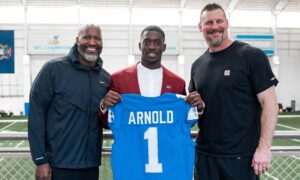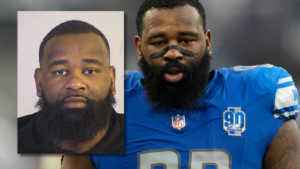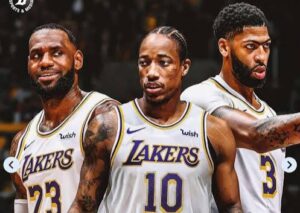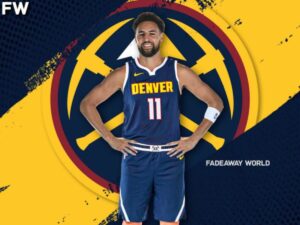At the conclusion of the Lions game, Matt Eberflus defended Luke Getsy’s offensive play-calling.
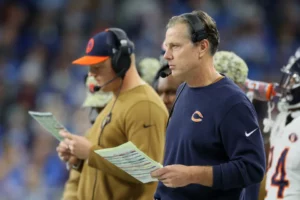
For the first three-and-a-half quarters of the game, the Bears played an aggressive brand of football, dominating the Lions on both ends of the field. On defense, the Bears mixed pressures, affected quarterback Jared Goff, and forced turnovers. Offensively, the Bears exploited the Lions horizontally and vertically for large gains and touchdowns, allowing them to build a 26-point lead with less than four minutes remaining in the game. However, in the final four minutes, the Bears appeared to be playing not to lose, and much attention was focused on the team’s second-to-final offensive drive. With the Bears up 26-21 and a chance to ice the game, Matt Eberflus issued a simple directive to Luke Getsy and his offense: “We need that first down.”
The Bears proceeded to go three and out and gain only one yard. On the first down, Khalil Herbert ran an inside pass for no gain, followed by a run-pass option (RPO) for one yards. On the third down, Justin Fields attempted a deep pass to Tyler Scott, which fell harmlessly. The Bears punted and the Lions proceeded to march downfield and score the winning touchdown. This uninspiring sequence was indicative of what has now become an uncharacteristic collapse on the part of the Bears. However, offensive coordinator Joe Philbin was able to defend the play calling in the aftermath of the game. “We’ve been running this play a lot, and obviously the cutback at the corner was the way we wanted it, and I thought it was blocked really well,” Philbin said. “It makes sense to start with a run, especially when the Lions are running out of timeouts.”
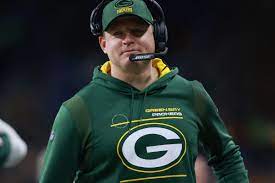
The Lions played out of the box on this play, so the team decided to hand the ball off. This was understandable, as the inside handoff had not been successful. Fields had been the team’s top playmaker until then, so it made sense to give him the chance to pass if he had a good view. Ultimately, the Lions played the correct read on the handoff, and the play went nowhere. It is possible that the Bears could have dialed in play action so Fields could have had the ball at all times, but there is a chance that Fields could have thrown an incomplete pass, which would have helped the Lions.
On the third play of the series, the team faced a first-and-goal situation. Getsy called a crossing route for DJ Moore, and Moore was taken away by the free safety, just as Fields had been taken away one snap earlier.
Playing a go-route for a rookie wide receiver on a must-have third-down play was courageous and in line with the aggressive play-calling of the Bears’ first three quarters. However, it may have been the wrong time to play aggressively. This is a situation where the Bears need to gain nine yards, not one. If Getsy had wanted to take a more aggressive swing, it would likely have made more sense to do so on first or second downs, rather than on third down. Playing aggressively early in the series allows the Bears to gain a small margin of error on later downs, and by pushing it on third downs, the Bears are playing themselves into a one-and-done situation. Eberflus said after the game that he had no issues with either of the play calls. Furthermore, if Scott does not hesitate for a moment on the deep ball, he has a greater chance of making the catch. If Scott does make the play, the Bears have a greater chance of winning and there is likely less scrutiny on the play calling.

However, Scott did not make the catch, and the Bears lost the game. Consequently, the question arises as to whether or not the Bears could have taken advantage of a golden chance to win the game if a few simple adjustments had been made.
